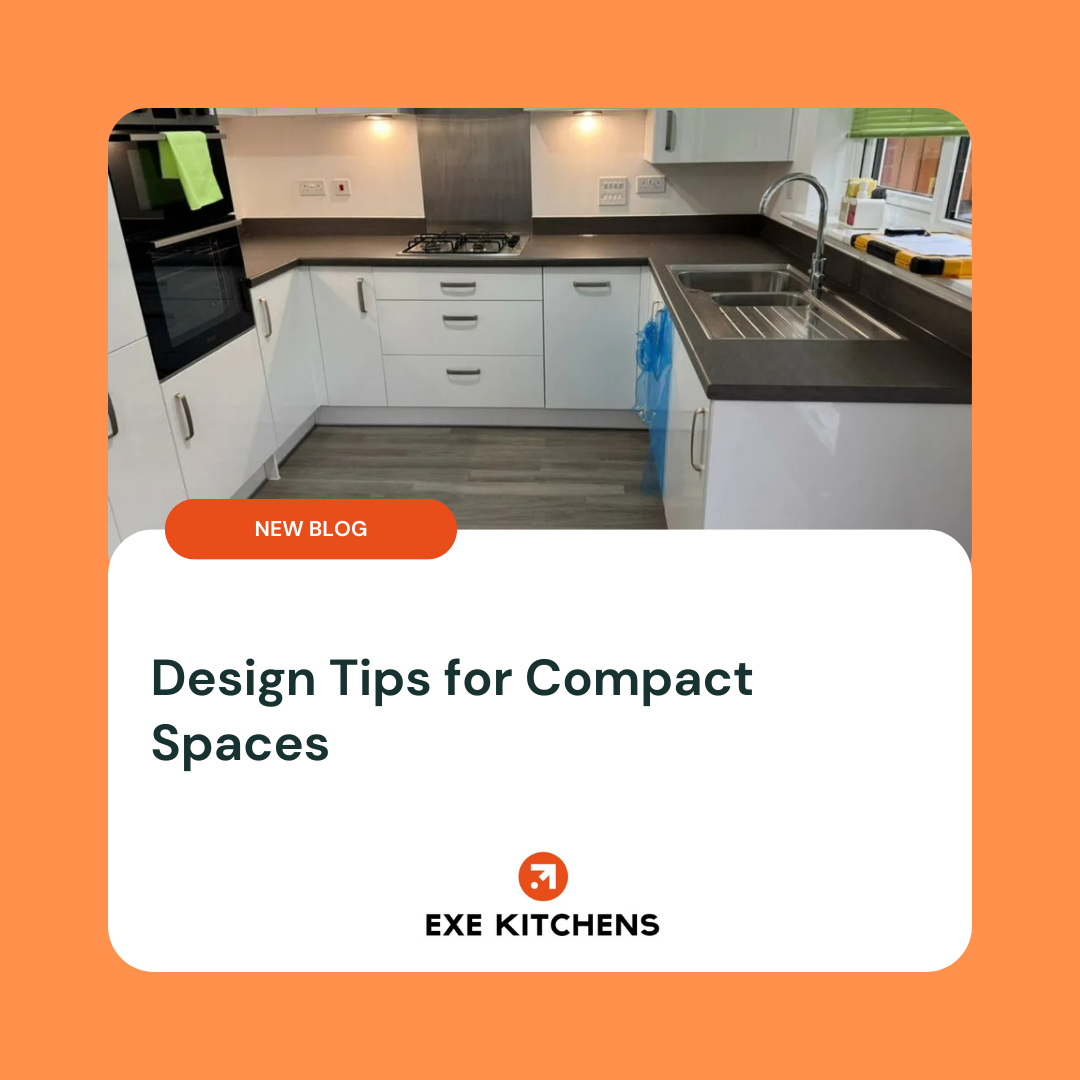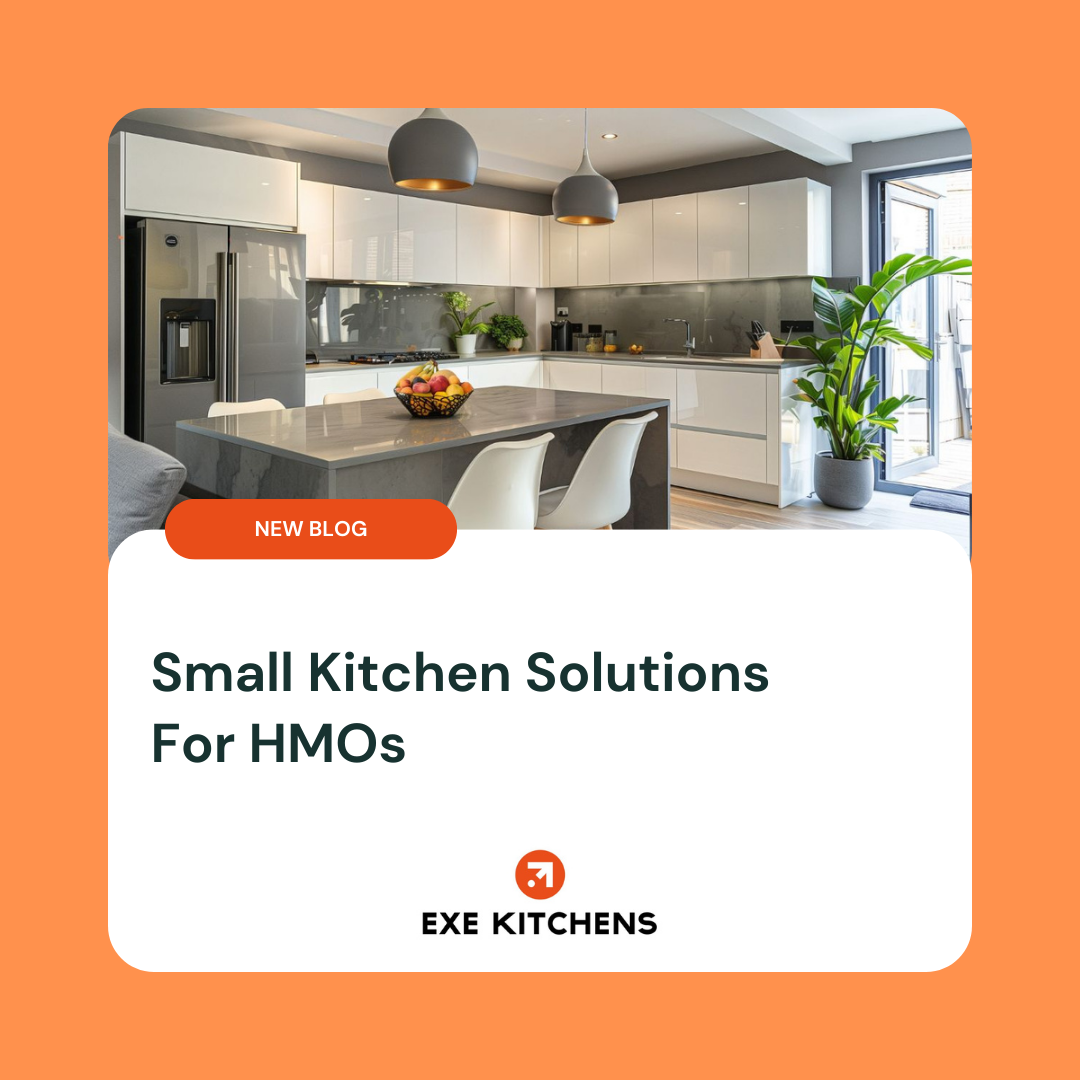Introduction
The kitchen is the heart of the home, so choosing the right style and functionality is essential. When renovating or designing a kitchen, homeowners often face the choice between bespoke kitchens and off-the-shelf kitchen units.
A bespoke kitchen is tailor-made to fit your space, style, and specific needs, while off-the-shelf units are pre-designed, mass-produced, and readily available. Both options have their pros and cons, but which one is best for you?
In this article, we’ll explore the key differences between bespoke kitchens and off-the-shelf units, looking at design flexibility, quality, functionality, cost, and long-term value.
What Is a Bespoke Kitchen?
A bespoke kitchen is a fully customised kitchen designed and built to meet an individual’s needs. Unlike standard kitchens, every aspect – from cabinetry and worktops to storage solutions – is tailored to fit the specific dimensions and style of the home.
Key Features of a Bespoke Kitchen:
- Designed to fit your exact space and layout.
- Customisable materials, colours, and finishes.
- High-quality craftsmanship with premium materials.
- Unique storage solutions and personalised features.
Bespoke kitchens are ideal for those looking for a one-of-a-kind kitchen that maximises functionality and aesthetic appeal.





What Are Off-the-Shelf Kitchen Units?
Off-the-shelf kitchen units, also known as pre-made or modular kitchens, are mass-produced and sold in standard sizes. They are widely available in home improvement stores and online, offering a quicker and more affordable kitchen solution.
Key Features of Off-the-Shelf Units:
- Available in fixed sizes and designs.
- More affordable than bespoke kitchens.
- Faster installation with ready-made components.
- Limited options for customisation.
These kitchens are a popular choice for those on a budget or needing a quick renovation. However, they may not always fit unusual layouts or specific design preferences.



Images courtsey of ikea.com
Key Differences Between Bespoke Kitchens and Off-the-Shelf Units
1. Customisation & Design Flexibility
Bespoke kitchens offer complete creative freedom. You can choose the exact materials, finishes, colours, and layout to suit your home. In contrast, off-the-shelf kitchens come with pre-set designs and limited customisation options.
2. Quality & Craftsmanship
Bespoke kitchens are handcrafted by skilled artisans using high-quality materials such as solid wood, granite, or quartz. On the other hand, off-the-shelf units are mass-produced, often using lower-grade materials like MDF or laminate.
3. Functionality & Space Utilisation
A bespoke kitchen is designed to make the most of your available space, perfect for awkward layouts or specific requirements. Pre-made units, however, come in fixed sizes, which may lead to wasted space or an inefficient layout.
4. Durability & Longevity
Because bespoke kitchens use premium materials and expert craftsmanship, they tend to last much longer than their mass-produced counterparts. Off-the-shelf units, while cost-effective, may need replacing sooner due to wear and tear.
5. Cost Considerations
Bespoke kitchens come with a higher upfront cost due to the personalised design and high-quality materials. However, they offer long-term value as they last longer. Off-the-shelf kitchens are more affordable initially but may require frequent replacements or upgrades.
6. Installation Process & Timeframe
A bespoke kitchen takes longer to design and install since everything is made to order. In contrast, off-the-shelf kitchens are available immediately and can be installed much quicker.
7. Return on Investment (ROI) & Property Value
A well-designed bespoke kitchen can significantly increase the value of a home and appeal to potential buyers. Off-the-shelf units, while functional, do not add the same level of prestige or market appeal.
Pros and Cons of Bespoke Kitchens
Advantages:
✔ Unique design tailored to your needs.
✔ Premium materials ensure longevity.
✔ Better use of space with custom storage solutions.
✔ Adds value to your home.
Disadvantages:
✖ Higher initial cost.
✖ Longer design and installation time.
Pros and Cons of Off-the-Shelf Kitchen Units
Advantages:
✔ More affordable than bespoke kitchens.
✔ Faster installation and availability.
✔ Wide range of pre-designed styles.
Disadvantages:
✖ Limited customisation options.
✖ Lower quality materials may wear out faster.
✖ Standard sizing may not fit all spaces perfectly.
Which Option Is Right for You?
Choose a Bespoke Kitchen If:
- You want a long-lasting investment with premium materials.
- Your kitchen space has awkward dimensions or specific requirements.
- You prioritise aesthetic appeal and uniqueness.
- You want to increase your home’s value.
Choose Off-the-Shelf Units If:
- You need a cost-effective solution.
- You require a quick installation.
- You have a standard-sized kitchen space.
- You’re designing a rental or temporary kitchen.
Conclusion
Both bespoke kitchens and off-the-shelf kitchen units have their advantages and disadvantages. The choice ultimately depends on your budget, space requirements, and long-term goals.
If you value customisation, durability, and premium quality, a bespoke kitchen is worth the investment. However, if you need an affordable, quick-fix solution, off-the-shelf units may be the better option.
Before making a decision, consider your lifestyle, design preferences, and long-term home goals to ensure you choose the right kitchen for your needs.
FAQs
1. Is a bespoke kitchen worth the extra cost?
Yes, if you plan to stay in your home for the long term. A bespoke kitchen offers superior quality, longevity, and a personalised design that enhances your home’s value.
2. How long does it take to install a bespoke kitchen?
It depends on the complexity of the design. Typically, it can take several weeks to a few months from planning to completion.
3. Can I customise off-the-shelf kitchen units?
To some extent. You can change handles, worktops, or paint colours, but the structure and layout remain fixed.
4. Do bespoke kitchens increase home value?
Yes. A well-designed bespoke kitchen can make your property more attractive to buyers and add significant value to your home.
5. What materials are commonly used in bespoke kitchens?
High-quality materials such as solid wood, granite, marble, quartz, and stainless steel are often used in bespoke kitchens.
6. How can I make an off-the-shelf kitchen look more customised?
You can personalise it by adding unique handles, custom splashbacks, premium worktops, and high-end appliances.


